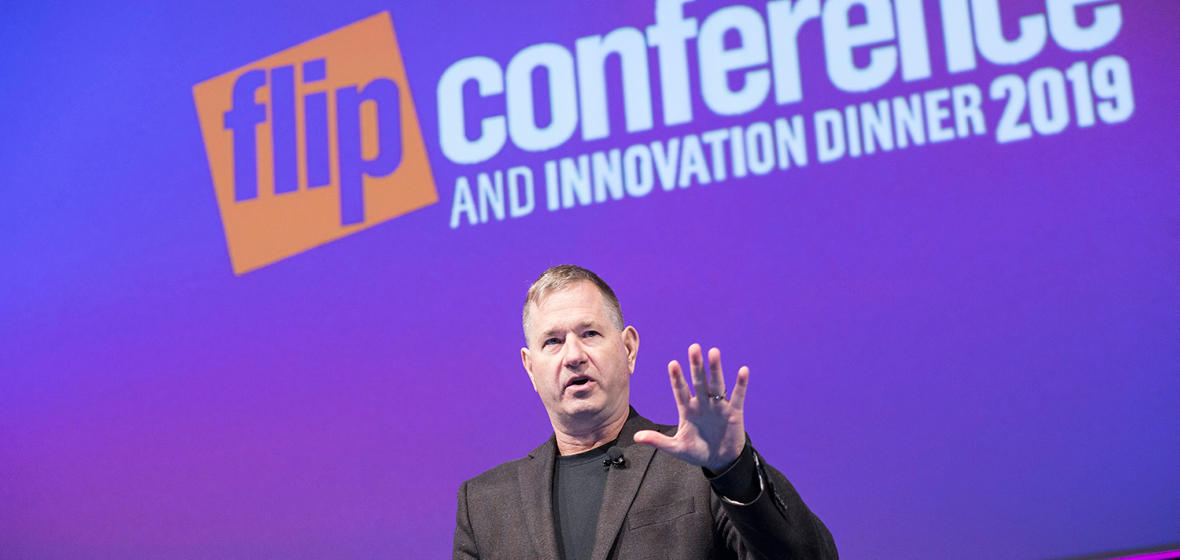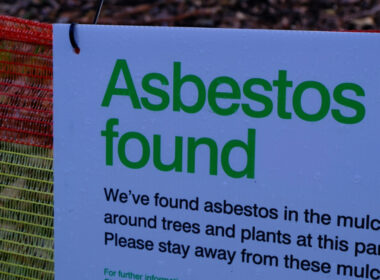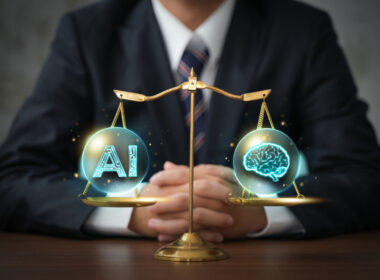Canadian lawyer, barrister and management consultant Mitch Kowalski has been hailed a “legal futurist” by lawyers around the world. But in his keynote speech at the 2019 Future of Law and Innovation in the Profession (FLIP) Conference on 25 July, Kowalski was the first to admit the term doesn’t mean much.
“I prefer the term ‘business risk manager’,” Kowalski told an audience of almost 500 lawyers and businesspeople at the Hilton in Sydney. “I identify and assess risks for law firms. The real risk for firms today is not understanding the macro-environment … and how to adapt your service delivery to that model.”
Kowalski was one of 54 lawyers, barristers, CEOs and professors who fronted microphones at the FLIP Conference to advise how lawyers could manage risks of the unknown into the future. The star-studded program included legal visionaries George Beaton and Richard Susskind, as well as former High Court Justice Michael Kirby and Judge of the Federal Court of Australia Melissa Perry.
Kowalski challenged lawyers to think of risk more as a failure to innovate and adapt to change. “Our great delusion is to think that the way things have been done in the past is the natural order of things,” he said.
We need to understand that we live in an age where we must constantly be learning new things, trying different ways of doing things, exploring the things we don’t know, understanding how to help others do better. We are at the point of constant evolution.
MITCH KOWALSKI
In today’s market, Kowalski said, clients demand more for less: they want remote access to their lawyers, value for money, and price transparency. Fresh talent entering law firms are also pickier than their predecessors.
Millennials, he said, are “quite comfortable leaving jobs that don’t fulfil them, even without a new job lined up”. He warned firms that are slow to adapt and offer employees flexible work autonomy and opportunities for progression would miss out on top talent.
“We need to understand that we live in an age where we must constantly be learning new things, trying different ways of doing things, exploring the things we don’t know, understanding how to help others do better. We are at the point of constant evolution,” Kowalski said.




